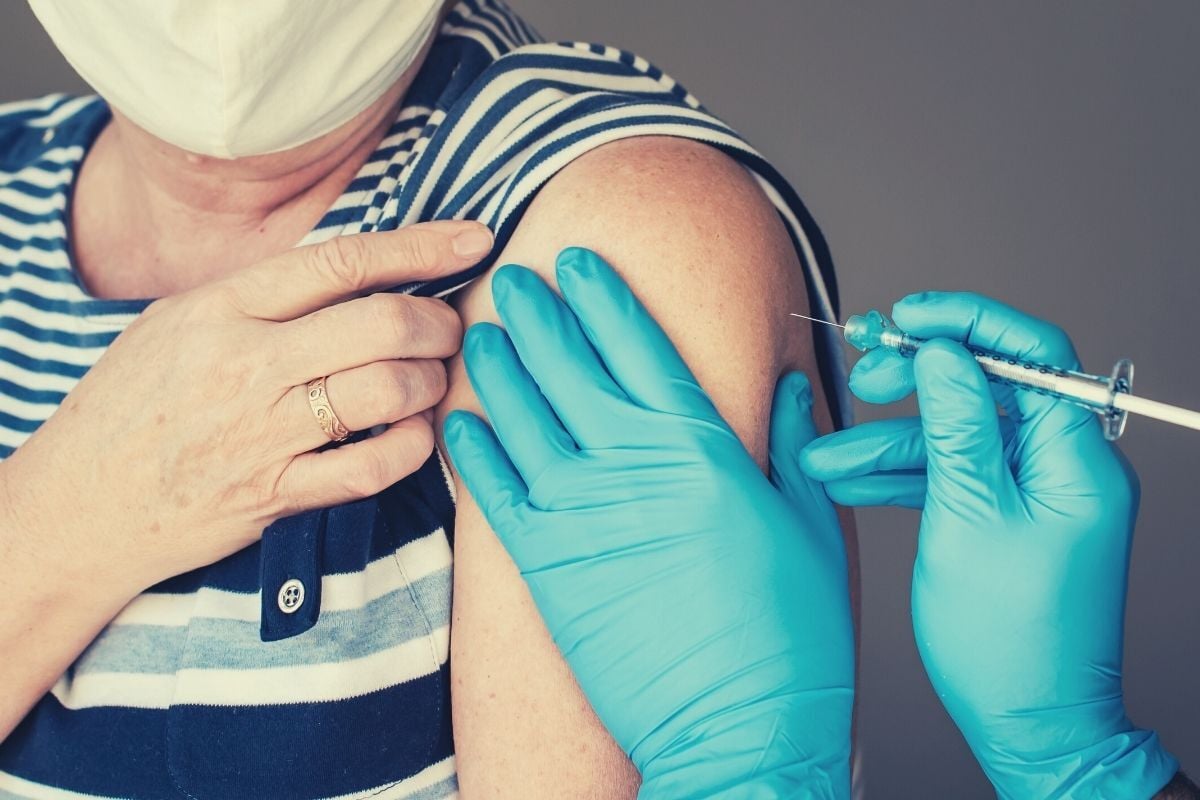
Over the weekend, Home and Away actress and former Bachelorette Sam Frost made headlines Australia-wide as her home state of NSW prepared to give freedoms back to vaccinated residents on Monday.
On Saturday morning she released a video telling her more than 500,000 Instagram followers that she is not vaccinated. She also said she felt like she was having "a really hard time in society right now" because of her decision.
"You feel like you are less of a human and you feel like people judge you,” she said.
“And you’re too scared to talk about your opinion or your feelings and part of you wants to go, ‘Well it’s none of your damn business why I’m not! And there’s good reasons why I’m not but I don’t want you to judge me’.
“It’s just a really hard time.”
The condemnation of Frost's video was swift, in part because she used the term 'segregation' to refer to unvaccinated Australians not being allowed to participate in society alongside those who are vaccinated.

Top Comments